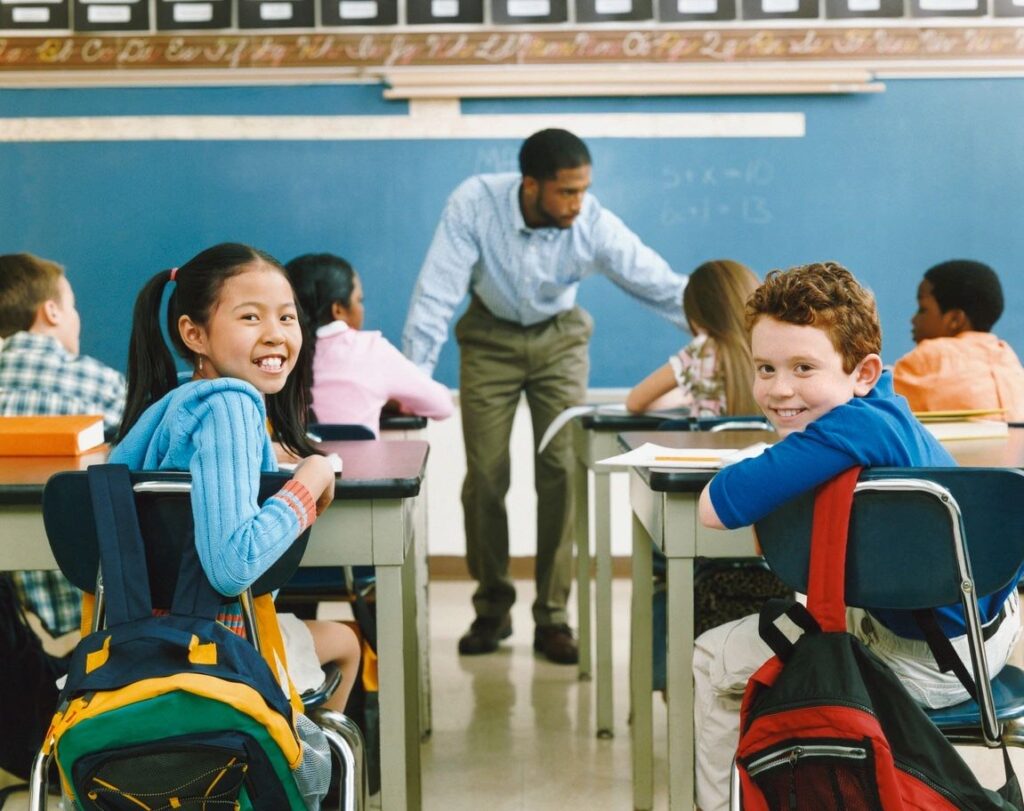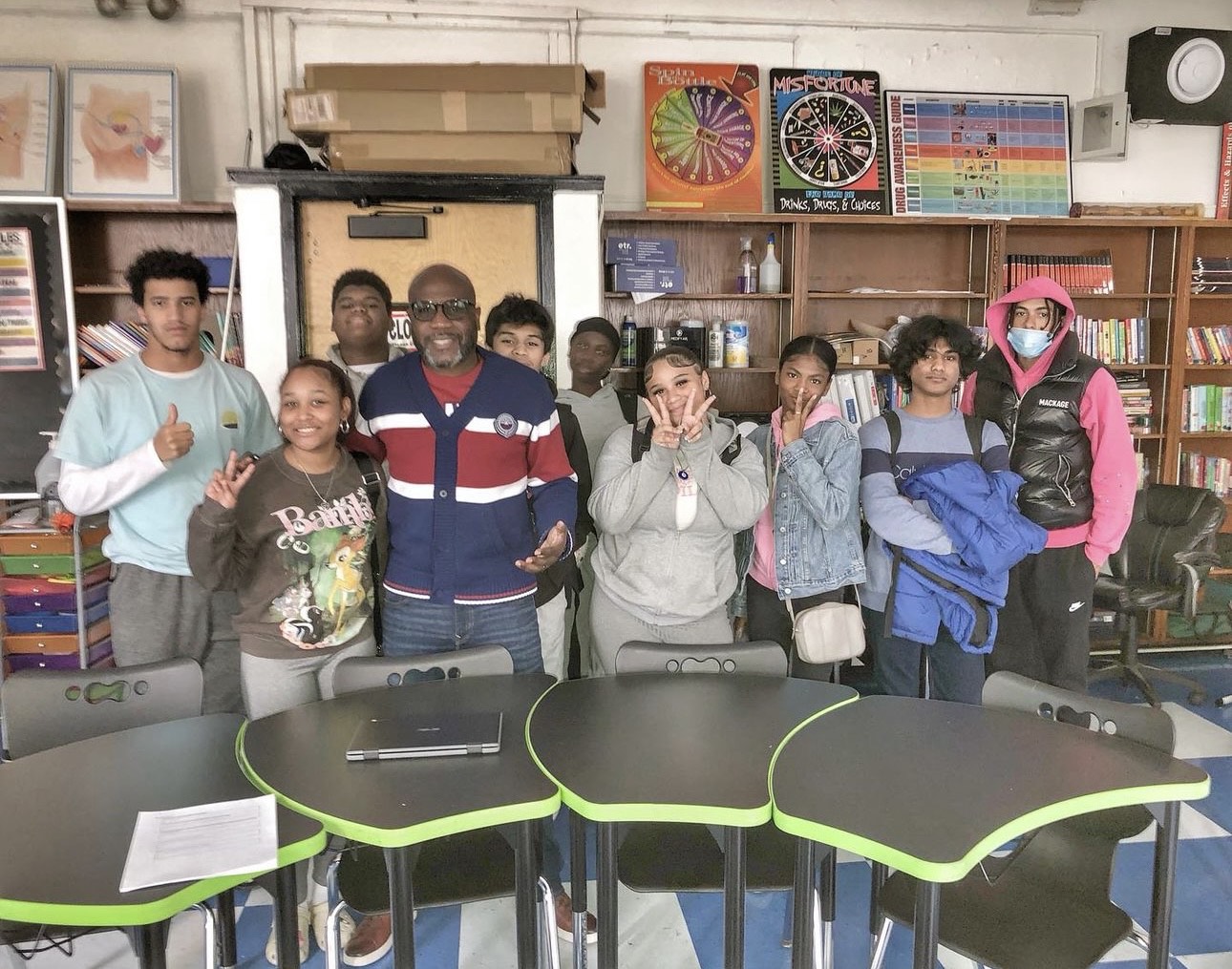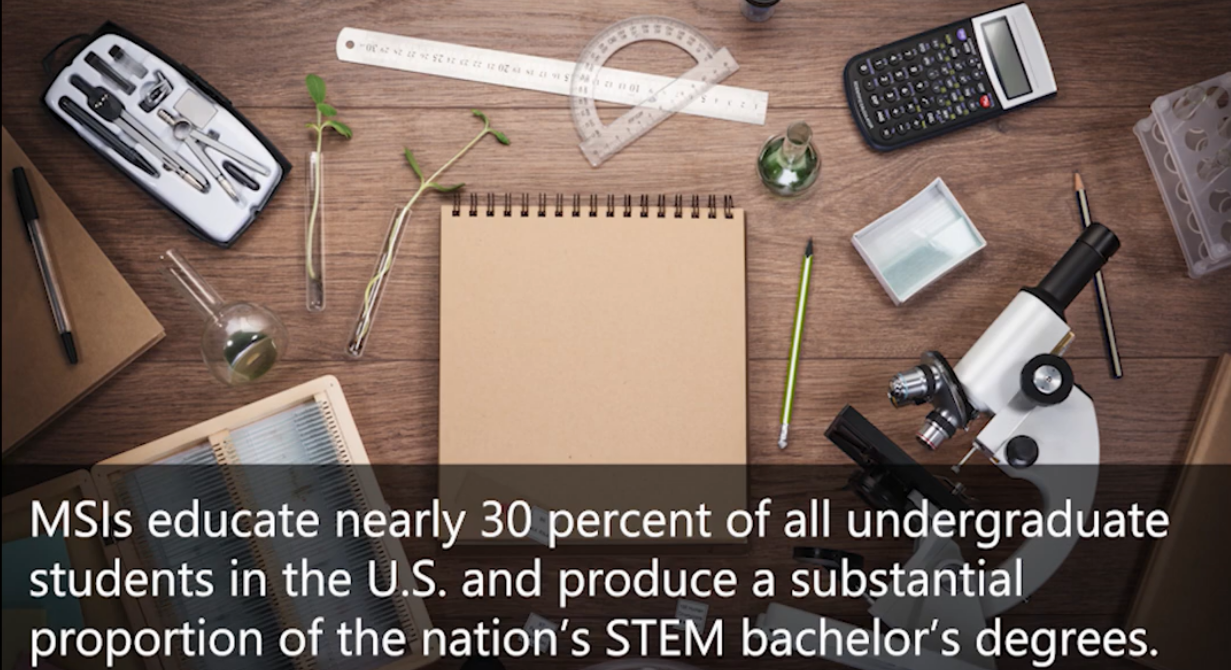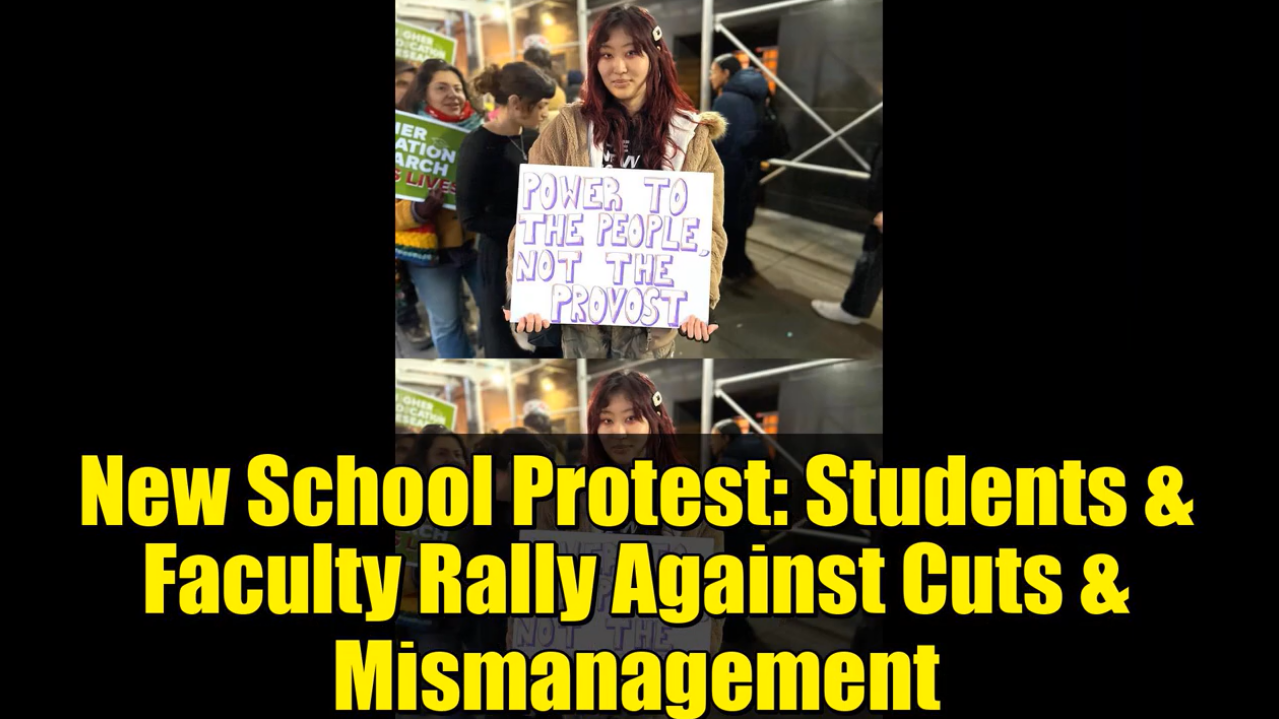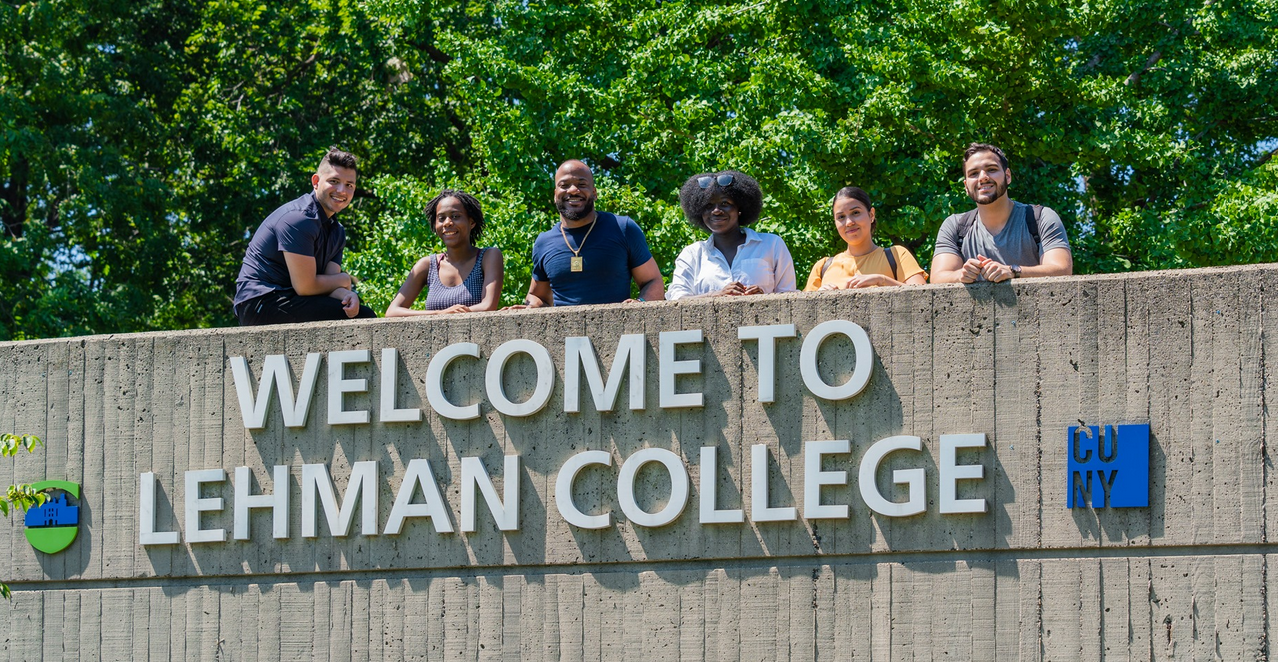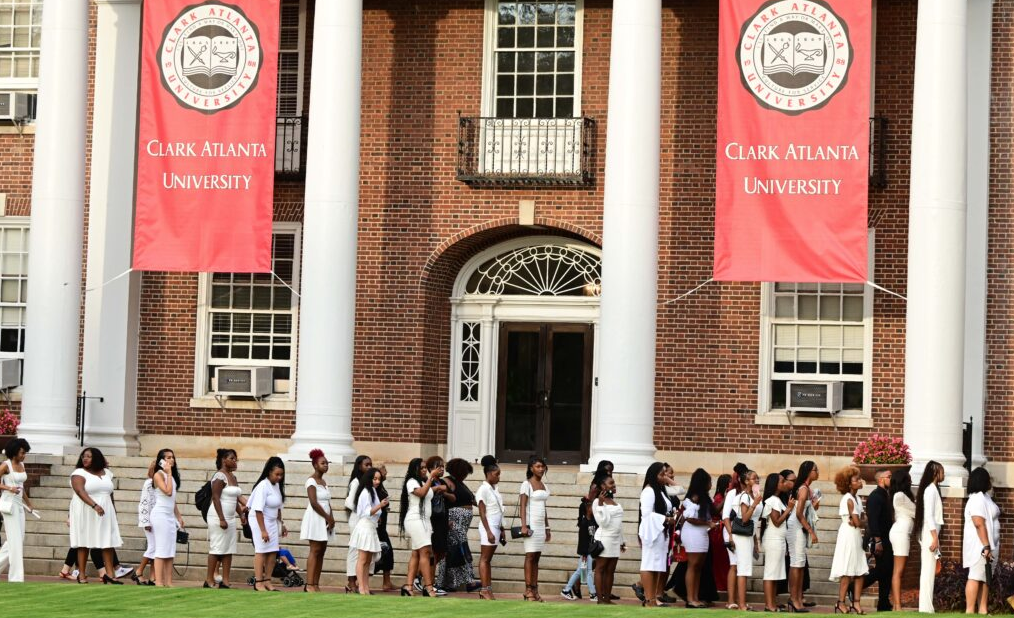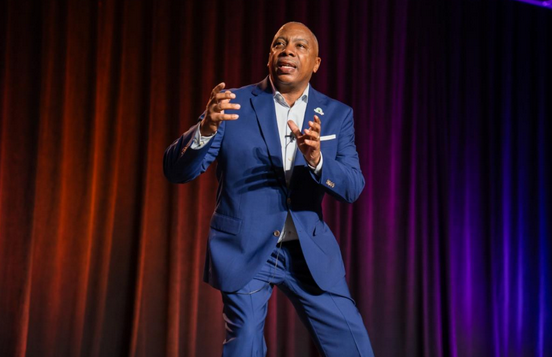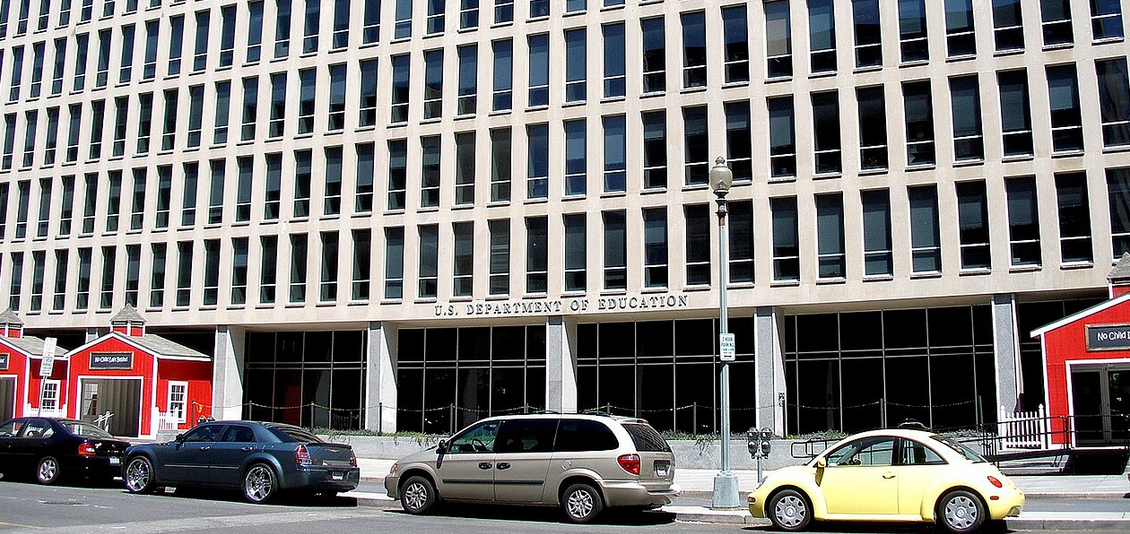By Edwin Freeman
Filmmaker, Educator, and Creator of the “Hip-Hop Harmony Course”
Photos: Edwin Freeman
As the new school year kicks off today, September 5, 2024, in New York City, I find myself reflecting on a critical issue that continues to plague our education system: the severe underrepresentation of African American male teachers in our classrooms. As a filmmaker and educator who has been deeply involved in the NYC school system, I’ve witnessed firsthand the transformative impact that African American male educators can have on our students, particularly those who look like them.
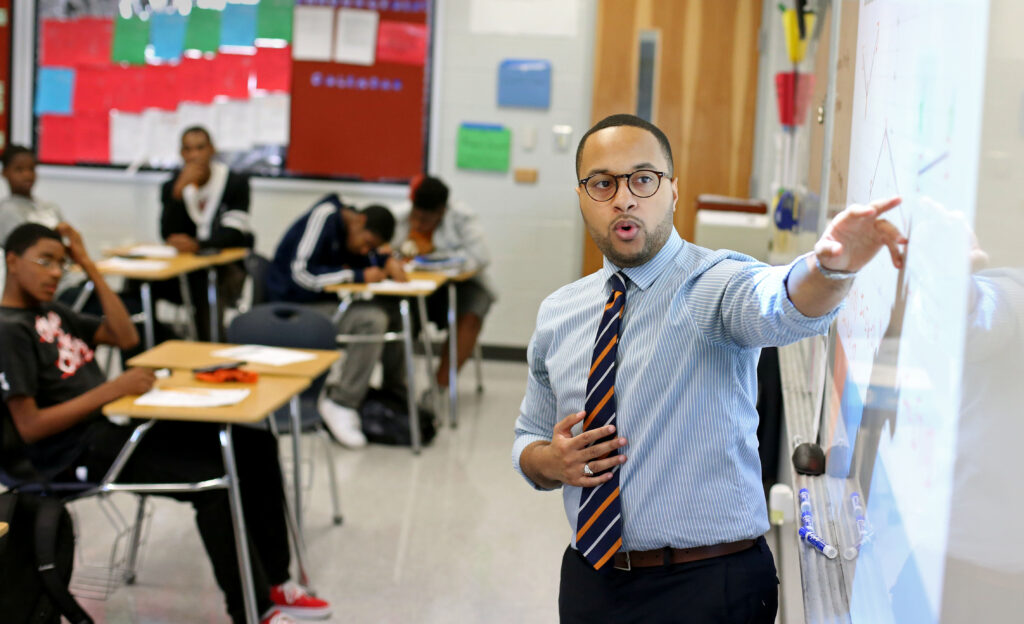
The Stark Reality
Nationwide, the statistics are alarming. African American men make up less than 2% of the teaching workforce, a figure that has remained stagnant for decades. In urban areas with high concentrations of African American students, this disparity is even more pronounced. This shortage creates a significant gap in representation and role models for our young Black students, especially boys.
The Importance of Representation
Having African American male teachers in the classroom is not just about diversity for diversity’s sake. It’s about providing our students with living examples of academic success, professional achievement, and positive masculinity. These educators serve as powerful counternarratives to the often negative stereotypes that bombard our youth through media and societal prejudices.
Positive Effects on Student Outcomes
Research consistently shows that when African American students, particularly males, have teachers who look like them, they perform better academically. These students are more likely to graduate high school, consider college, and have fewer disciplinary issues. The impact goes beyond test scores; it touches on self-esteem, cultural pride, and future aspirations.
My Personal Experience
Through my work with the “Hip-Hop Harmony Course,” an 8-week social-emotional learning program now endorsed by the Office of NYC Council Speaker Adrienne E. Adams, I’ve seen the immediate connection that forms when our young people interact with educators who share their cultural background. The course, which uses hip-hop as a medium to teach valuable life skills, has been particularly effective because it speaks the language of our youth while being delivered by individuals who understand their lived experiences.
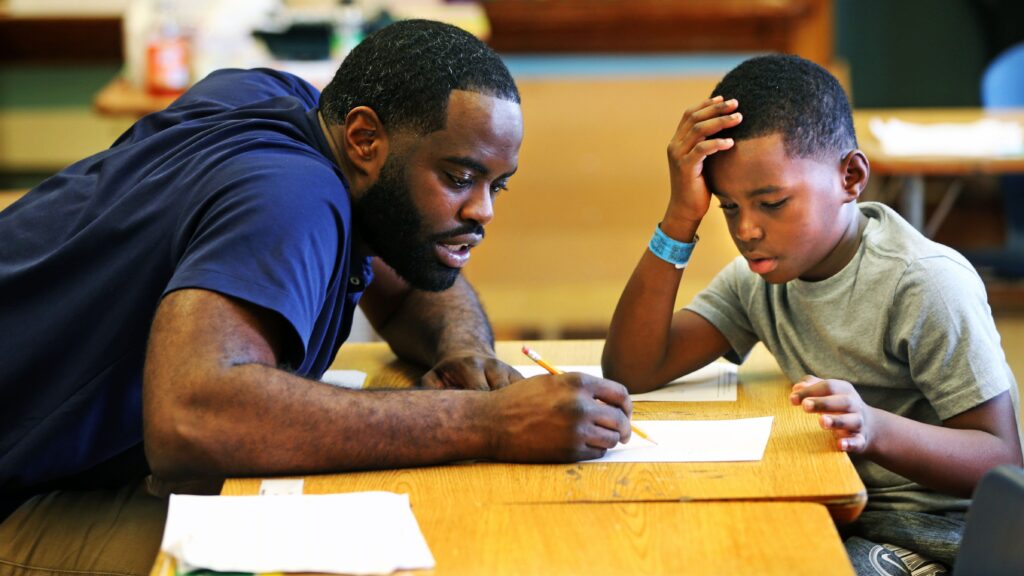
A Call to Action
As we begin this new school year, it’s crucial that we address this issue head-on. We need targeted recruitment efforts, mentorship programs, and policy changes to attract and retain African American men in the teaching profession. Schools and districts must create welcoming environments that value diversity and provide support for these educators.
Moreover, we need to change the narrative around teaching as a profession for African American men. It’s not just a job; it’s a calling that offers the opportunity to shape the future of our community profoundly.
Looking Forward
The endorsement of programs like the “Hip-Hop Harmony Course” by city officials is a step in the right direction. It shows a recognition of the need for culturally relevant education and the importance of having educators who can deliver it authentically. However, this is just the beginning.
As we move forward, let’s commit to making our schools a reflection of the diverse communities they serve. Let’s ensure that every African American child has the opportunity to see themselves represented in positions of academic authority and success. The future of our community depends on it.
To all the African American male educators out there: your presence matters. You are needed, valued, and essential to the success of our children. And to those considering entering the field: step forward. Your impact will be immeasurable.
The new school year brings new opportunities. Let’s seize them to create a more representative, inspiring, and effective education system for all our children.
